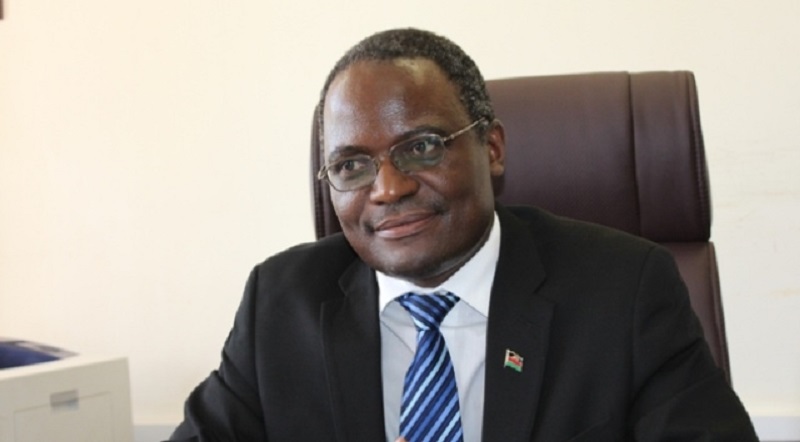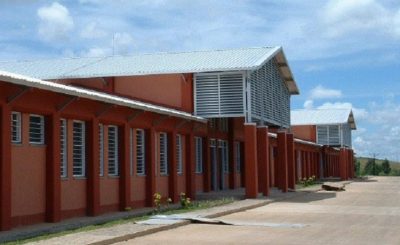Malawi has become the first country in the Southern Africa region to eliminate trachoma a bacterial infection that can cause irreversible blindness if left untreated.
The World Health Organization on August 21, 2022 validated Malawi as having eliminated the disease describing it as a life changing achievement for millions of children who were at risk of the devastating disease.
WHO regional director for Africa Dr Matshidiso Moeti has implored on other countries in Southern Africa to follow Malawi’s footsteps in prioritizing the fight against neglected diseases such as Trachoma.
“Trachoma results in painful late complications leading to sight impairment, a life-long disability which causes significant emotional and economic hardship for families. With Malawi showing the way I hope other endemic countries in southern Africa will prioritize the fight against neglected diseases that cause untold suffering to vulnerable populations,” Dr Moeti said.
Malawi has been known to be endemic for trachoma since the 1980s. However, it was not until 2008 when surveys were conducted with support from WHO and Sightsavers, a non-governmental organization, that trachoma received due attention.
In 2015, Malawi reported 7.6 million people were at risk of trachoma infection.
Following the surveys and with the support of WHO and partners, Malawi stepped up efforts against trachoma, establishing a national trachoma taskforce that implemented the WHO-recommended SAFE strategy to control trachoma.
This entailed training a cadre of mid-level eye clinicians on surgery to treat the blinding stage of trachoma, rolling out antibiotic mass drug administration with donations from Pfizer, and carrying out public awareness campaigns to promote facial cleanliness and personal hygiene.
Secretary for Health Dr Charles Mwansambo described WHO’s certification of a trachoma free Malawi as a huge achievement attributing it to the various interventions that the Ministry and its partners have been conducting in the fight against trachoma.
“One of the strategies that the country implemented is what is termed the SAFE Strategy which comprises of Surgery for trachomatous trichiasis (TT), Antibiotics to clear ocular chlamydia trachomatis infection and Facial cleanliness and Environmental improvement (particularly in access to water and sanitation) to reduce chlamydia trachomatis transmission. In addition, active case finding of TT cases was intensified,” Mwansambo said.
The statement has implored on the public to continue practicing trachoma preventive measures to sustain this achievement. Some of these measures include the continuation of facial cleanliness by promoting clean faces to reduce spread of infection, Improvements to water and sanitation facilities, and early seeking behavior if one has symptoms of trachoma such as red, sore, sticky eyes and discharge from the nose.
Local health commentator George Jobe said the country will save resources especially on medication that the country used to buy for trachoma, the quantities will reduce and the resources will serve other equally important health issues.
“This is great news because we have now reduced the number of public health problems in the country but it also shows that the efforts by ministry of health and other players have yielded these good results,” Jobe said.
“Our assignment now is to maintain this status and not let trachoma come back as has been the case with diseases like polio and leprosy.”





